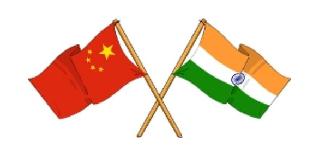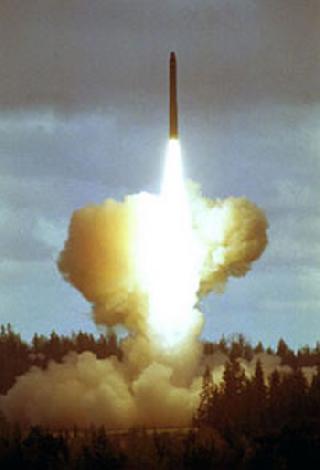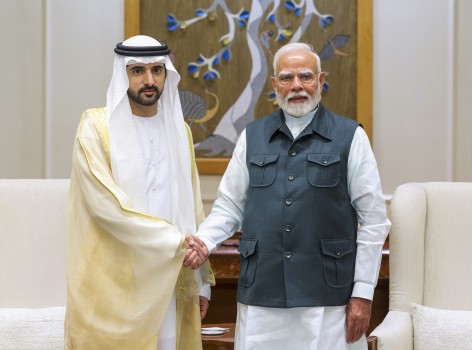
BEIJING (PTI): Fifty years after a war across their high Himalayan frontier left decades of bitterness, the Chinese media, echoing the establishment's thinking, on Saturday struck a positive note, declaring India and China had come a long way to establish a "comprehensive strategic partnership".
Suggesting that the spectre of war should be left behind, the tightly-controlled Chinese media in a rare commentary on Sino-India ties said the two nations had achieved progress despite differences due to unresolved border disputes.
But it warned that the US and Western media were trying to "sow discord" between the two Asian giants and lead the two neighbours in the direction of a confrontation.
In an article titled "Who sows discord in India-China Relations", the Shanghai-based Liberation Daily regarded highly by the Chinese political and military establishment quoted Prime Minister Manmohan Singh speaking about building strong Sino-Indian ties.
On the 50th anniversary of 1962 Sino-India war on Saturday, the influential daily noted that India was not allowing its territory to be used for "anti-China activities" or "encirclement" strategy vis-a-viz China and recognises the Tibet Autonomous Region as part of Chinese territory, saying these were positive signs.
Lauding some of the write ups in Indian media on the eve of the anniversary suggesting that the spectre of war should be put behind, the article praised the "rational attitude" taken by the Indian leadership in improving ties with China.
"The rational attitude taken by India's leaders and top officials, not only conforms to the demands of this era of peace, development and co-operation, but is also in the fundamental interests of the peoples of the two countries and a reflection of the current state of bilateral relationship," it said.
Stating that the two countries came long way from the deadly conflict that resulted in deaths thousands of troops on both sides, it said the progress was achieved despite differences due to unresolved border dispute.
"Admittedly, the two countries still have to resolve some problems left over from history and manage the contradictions that crop up sometimes due to clash in their practical interests," the daily said.
"India's large scale military expansion programme and the major pursuit of great power diplomacy are two factors whose influence cannot be ruled out on the bilateral relationship.
Despite all this, the commonalities between the two countries are much greater than their differences," it said.
"Moreover, looking at the larger picture, the two nations have already been successful in establishing a Comprehensive Strategic Partnership and have reached a consensus on six points of Political Guiding Principles to resolve the border dispute. All these elements represent the fundamentals and mainstream of the bilateral relationship," it said.
"But in the eyes of the 'world's freest and most democratic" media, specially, the United States news agencies, these are not the 'final quantifiers' of the bilateral ties.
Looking at the Sino-Indian relationship through a "Cold War Paradigm", they are looking for a 'magical weapon' to 'sow discord', and lead India and China in the direction of a 'confrontation', it said.
"If India conducts joint military exercises with US and Japan, they claim that it is 'aimed' against China. Whenever India develops some new missile systems, they claim that India's 'deterrence' vis-a-viz China has gone up, since 'the whole of China is now in India's reach'."
But the same media remained "speechless" when India-China hold joint military exercises, the paper said.
"What is even more ridiculous is that attempts by China to expand mutual co-operation with other South Asian nations is frequently described as attempts to encircle India through a 'string of pearls' - a deliberate attempt to provoke the anti-Chinese forces in India. To all such attempts, we all must remain highly vigilant, and must not let ourselves be fooled," it added.
 Previous Article
Previous Article Next Article
Next Article












The Indian Air Force, in its flight trials evaluation report submitted before the Defence Ministry l..
view articleAn insight into the Medium Multi-Role Combat Aircraft competition...
view articleSky enthusiasts can now spot the International Space Station (ISS) commanded by Indian-American astr..
view article